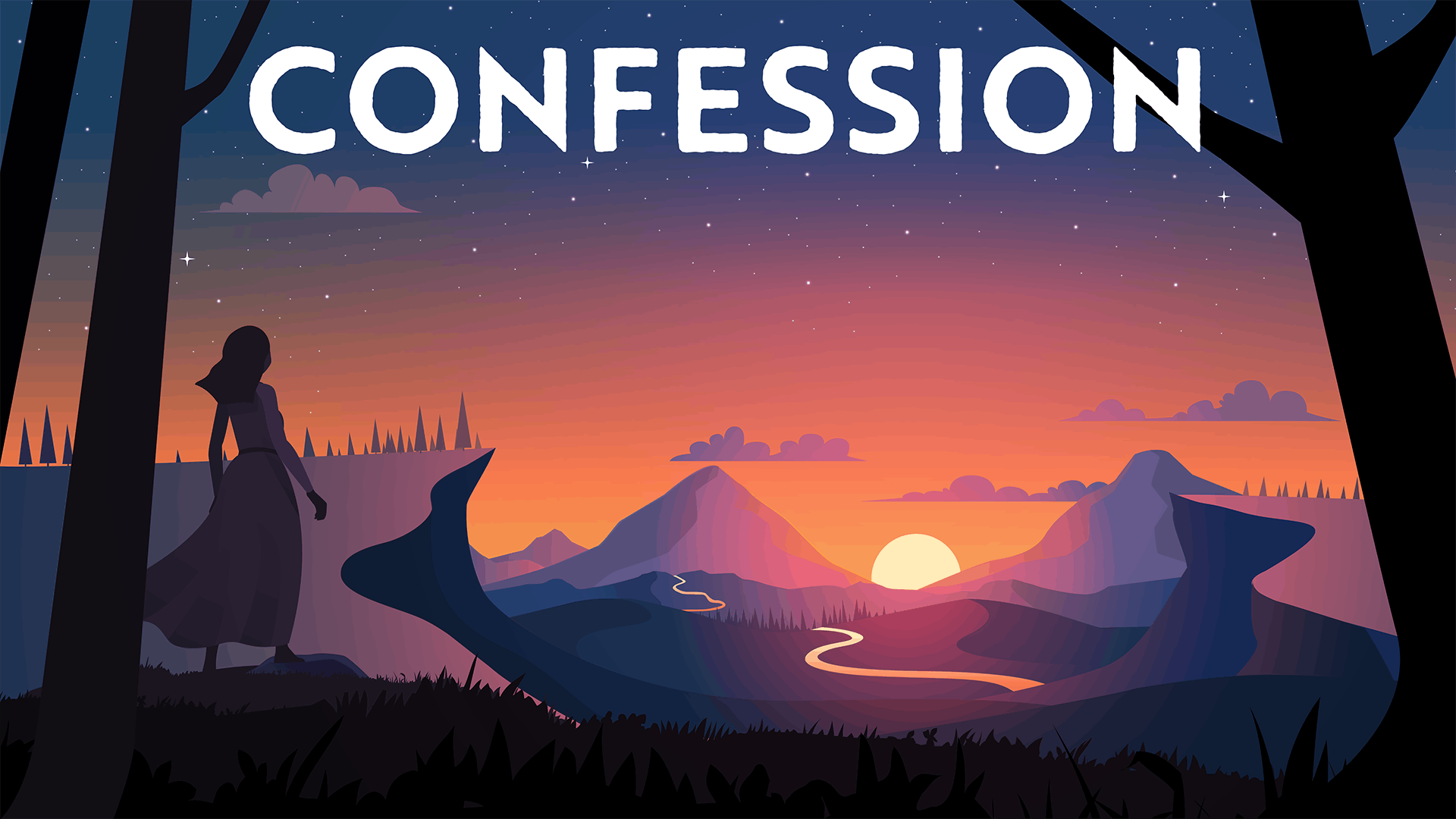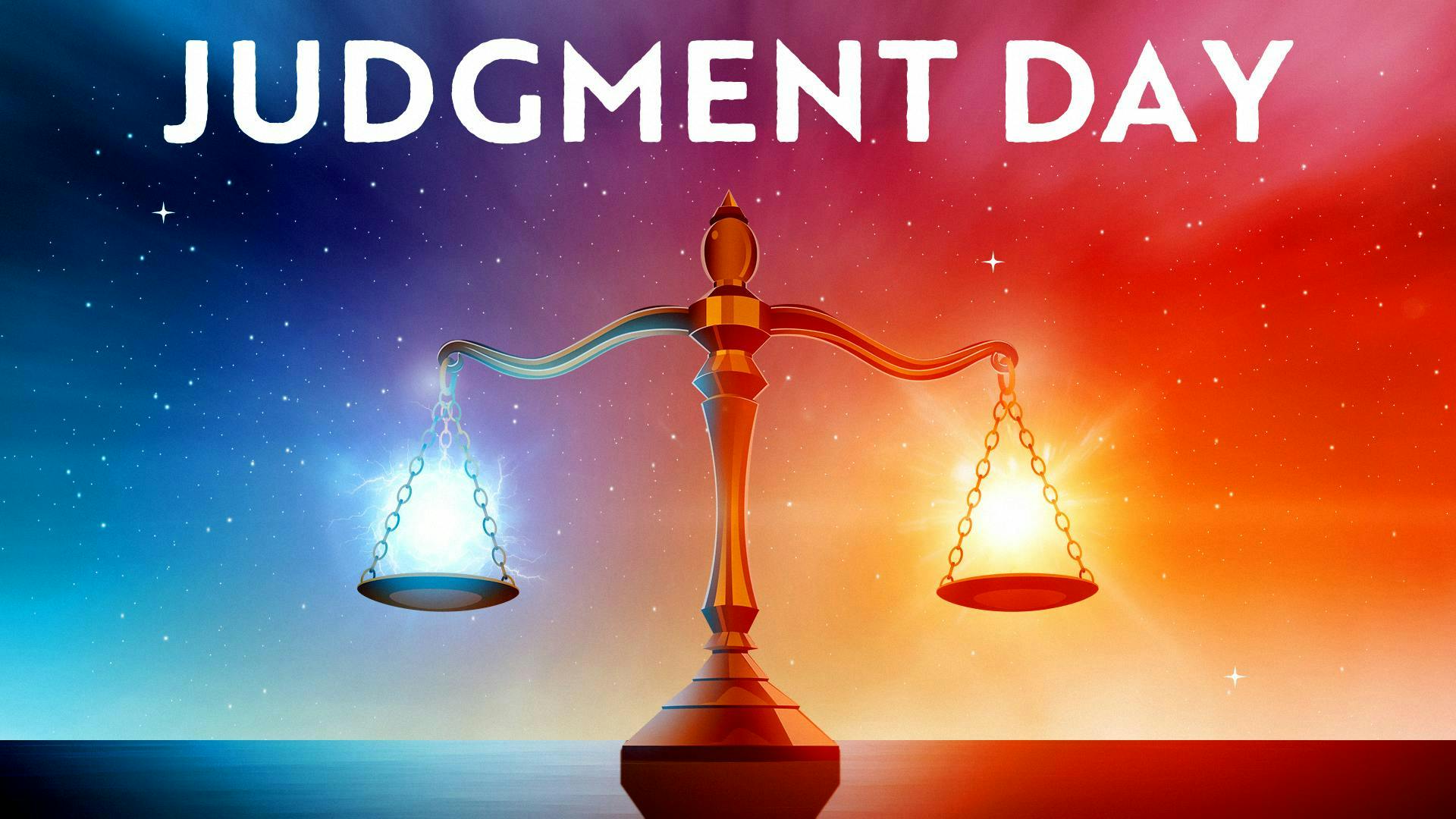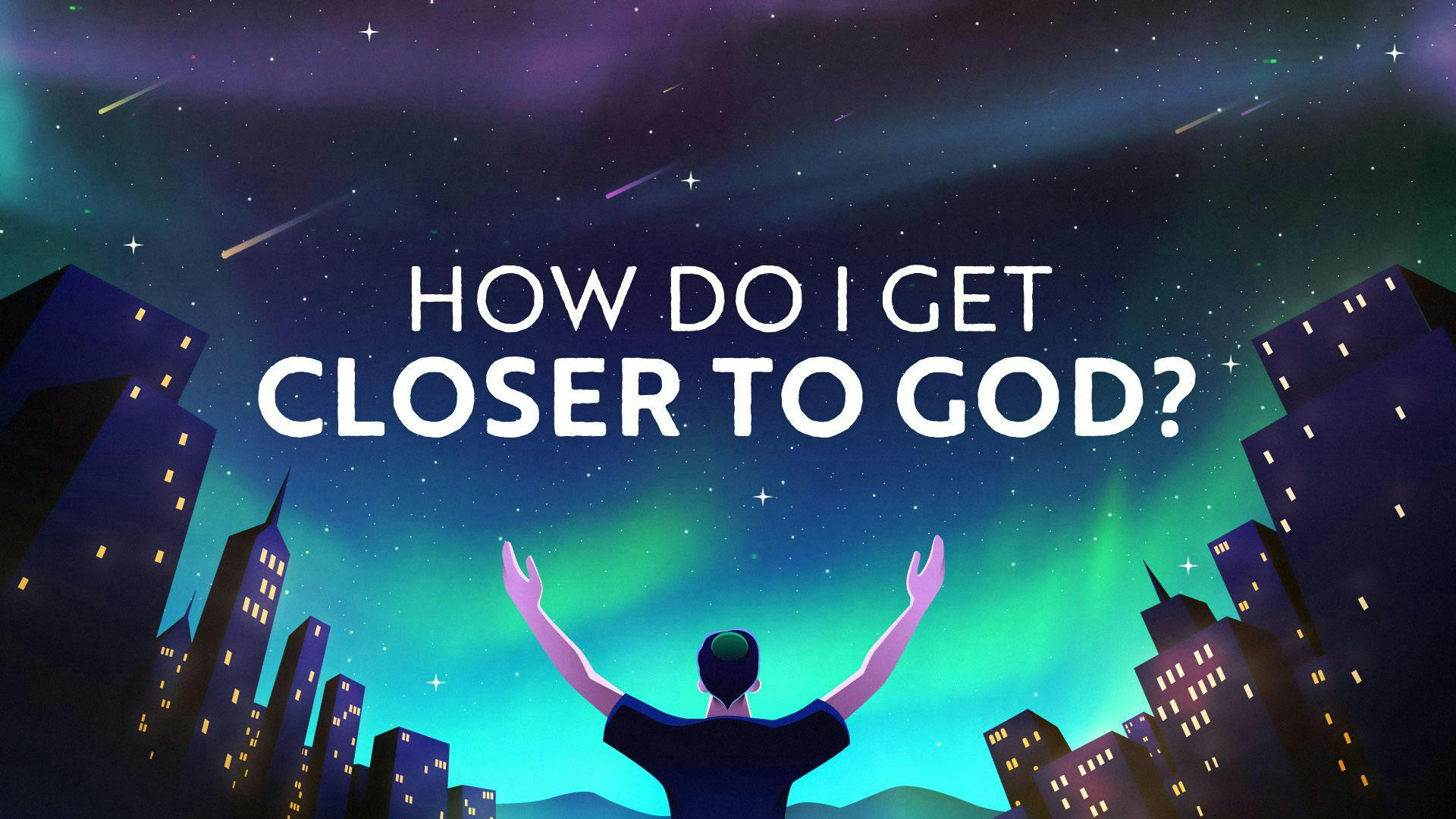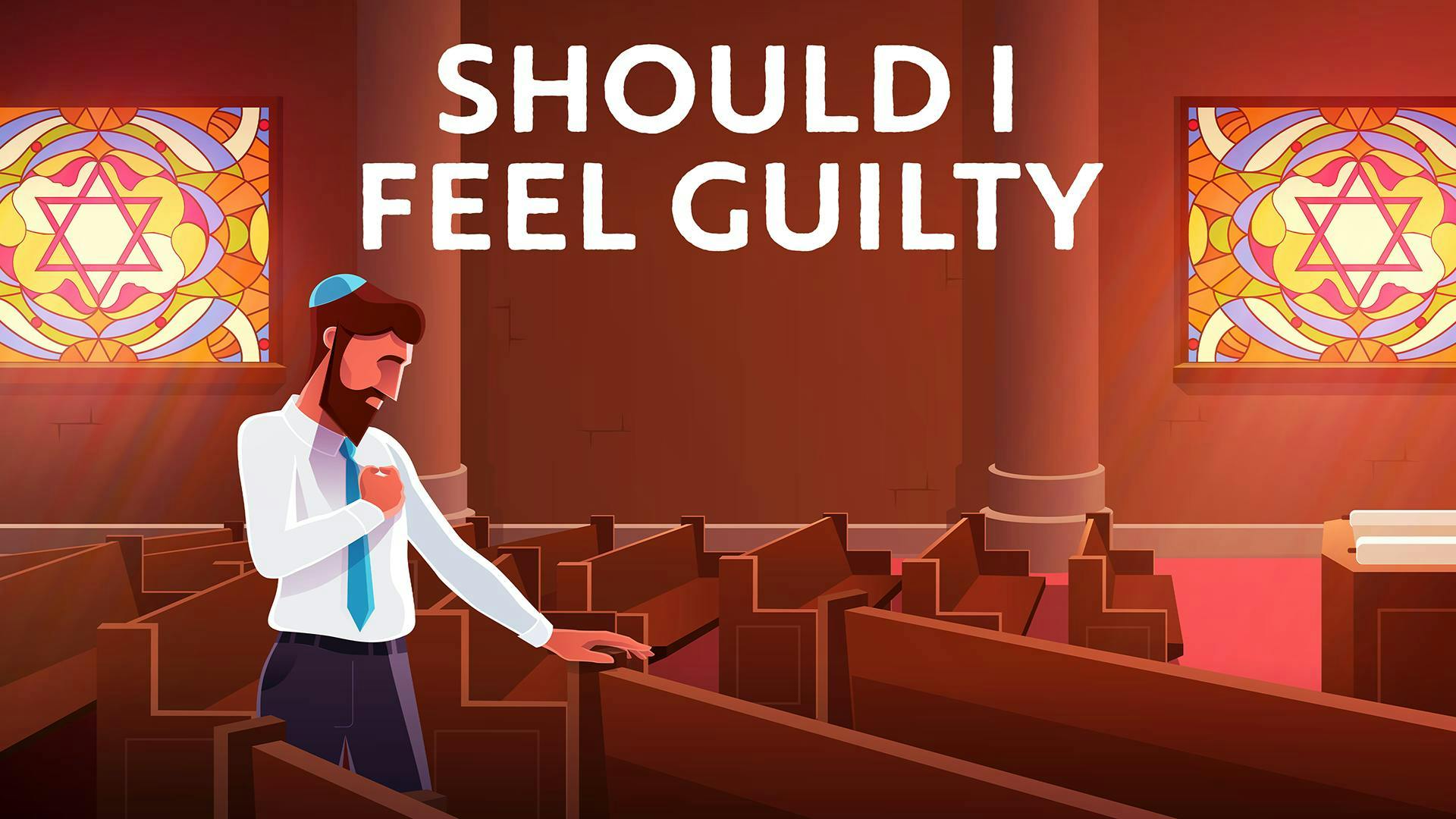What is the Meaning of the Passover Seder?
The Meaning of the Passover Seder and Haggadah
By Ari Levisohn | 19 March 2025 | 3 Minute Read
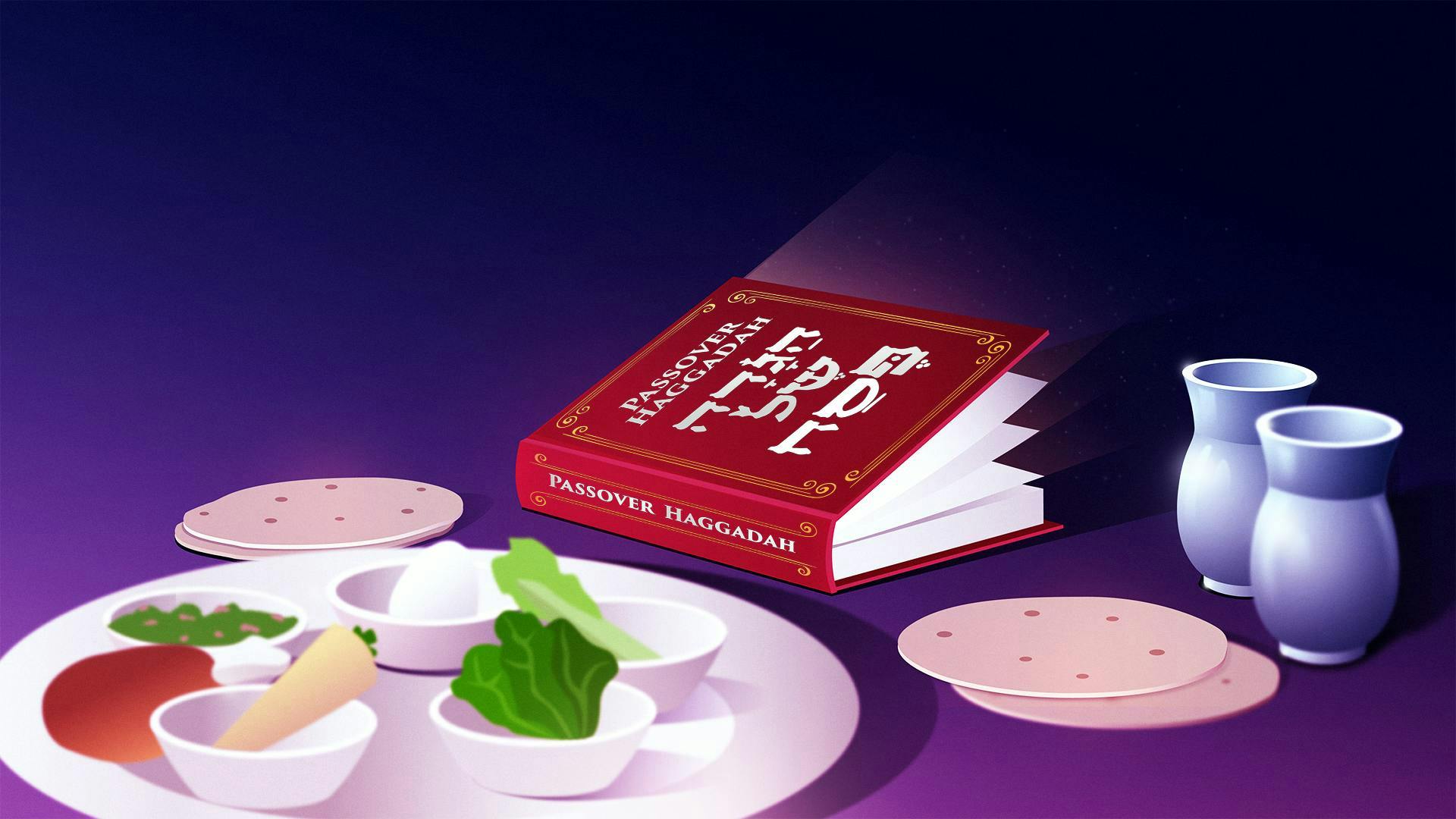
What is the Passover Seder?
Passover begins with a bang. On the very first night, Jews begin the holiday with a seder, a festive meal centered around the retelling of the story of our ancestors who were slaves to Pharaoh in Egypt. Outside of Israel, the seder is held on the first two nights of Passover.
A Multi-Sensory Experience
The seder meal is packed with rituals and costumes designed to bring the story of exodus to life and create a multi-sensory experience of actually leaving Egypt. We eat bitter herbs to remind us of the slavery, drink wine to experience the freedom, replace our bread with matzah to commemorate the bread our ancestors ate on their way out of Egypt, (See FAQ below.)
The Haggadah
How To Tell The Story
As we said above, the center of the Passover seder is the retelling of the exodus from Egypt. If you were to pick a text to use for that retelling, what would you choose? I know I would use the book of Exodus itself. I would just open it up and start reading the story as it is written.
But that’s not what we do. Instead we use a text called the Haggadah. The word haggadah literally means “a telling,” but if you expect it to be a storybook, you will be severely disappointed. The Haggadah is filled with songs, declarations of praise, stories from the Talmud… and a little bit of storytelling. Flip through it and you will notice it is clearly not a story. You will also notice that it feels a bit… random. It seems like a bunch of miscellaneous snippets that the Rabbis liked and wanted to talk about on Passover.
What is the Haggadah, Really?
So if the Haggadah isn’t a story book, what is it? Surely it must have some deep meaning if it has stood the test of time.
Continue to this video to learn how to really read the Haggadah, and find out why it is at the heart of our Passover experience. In it, Rabbi Fohrman shows how all the different pieces of the Haggadah really do string together into a story… just not the kind you might think.
You see, the seder is about more than something that happened to our ancestors 3000 years ago. It is the story of God’s ongoing promise to save His people. The Haggadah is still a message for Jews in exile today, that even if faced with oppression or dark times, the hope is real – God will bring us out of this, and the nation will never be extinguished on foreign soil.
Looking for more?
We have hours of delightful videos and podcasts to enhance your Yamim Noraim experience.
More Passover Videos
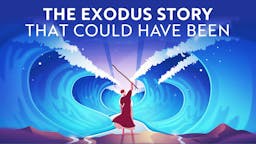
The Exodus Story That Could Have Been
Video series • Part 1 of 5 • 13 min
The Exodus story ends in carnage for the Egyptians, and in glorious salvation for the Israelites – but could this story have ended differently? Could the Egyptians also have lived happily ever after? Rabbi Fohrman thinks we can find the answer by noticing some uncanny resemblances to another biblical story. Join us as we explore a new way of reading the Exodus story.
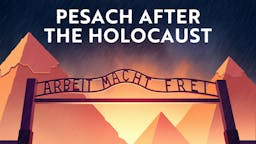
When Evil Seems Unanswerable: Pesach’s Wisdom After the Holocaust
Video series • Part 1 of 5 • 20 min
Rabbi Fohrman reveals how the often-overlooked 'shotrim' of Egypt provide a framework for understanding divine justice after the Holocaust. A powerful Passover exploration of how God responds when no punishment seems adequate.
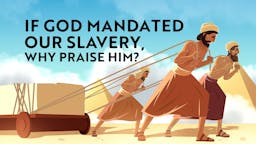
If God Mandated Our Slavery, Why Praise Him for Our Freedom?
Video series • Part 1 of 5 • 8 min
The seder is full of songs praising God for taking us out of Egypt – but He decreed to Abraham that we’d be slaves in Egypt centuries beforehand in the Brit Ben Habetarim. So did He save us or put us into slavery in the first place?
More Passover Guides

The Meaning of the 10 Plagues
Article
. Why did God send each particular plague and not something else? Why blood, frogs and lice? Why not a Nile full of spoiled milk, raining knives, and indigestion? What is the significance of each of these plagues?

D’var Torah for Pesach
Article
. We tend to think eating matzah has to do with leaving Egypt in a hurry. But if we read the Torah text carefully, we can discover a much deeper significance to this mitzvah.

Ma Nishtana
Article
. As Passover nears, Jewish children all over the world carefully practice reciting the Four Questions. They are preparing to stand before family and friends at the Seder and ask: Ma Nishtana? Why is this night different? . Why do we have kids recite the Four Questions? How did our Sages choose these four questions specifically? Why ask four questions, and not five or three? And do the Four Questions have four answers – or only one? Scroll down to find out.

What is Passover?
Article
. The holiday of Passover is one of the most distinct and well-known on the Jewish calendar. Between the banishment of all leavened bread, the famously lengthy seder service, and the perpetually relevant themes of slavery and freedom, it’s easy to see why this holiday holds such an important place in both Jewish observance and our cultural imagination. But what is the meaning of the many Passover rituals we perform? Why do Jews around the world spend a week crunching on matzah? Behind all these customs, what does this unique holiday really represent?

How to Read the Haggadah
Article
. Seder night is all about retelling the story of the Exodus, with the Haggadah as our guide. But the Haggadah can be hard to understand, until you learn how all its different parts come together in one sweeping historical message of eternal comfort and Divine promise.

Taanit Bechorot - the Fast of the Firstborn
Article
. Our sages instituted a fast day right before Passover. But few end up actually fasting. So what’s the point of this fast day? And why do we make such a fuss about firstborn children?
What is Aleph Beta?
Aleph Beta is a unique kind of Torah library. Led by our founder, Rabbi David Fohrman, we are dedicated to high-level, textual Torah learning for adults that is intellectually and spiritually sophisticated, that enlivens your Jewish practice and helps you forge a deeper connection to God. Whether you’ve been learning in yeshiva for years or you’re just beginning your Torah journey, you’re sure to find something meaningful and surprising waiting for you here.
Browse our library of over 1,000 beautifully produced animated videos, podcasts, deep dive courses, and printable guides. Topics include the weekly parsha, Jewish holidays & fast days, laws & mitzvot, prayers, relationships, big philosophical ideas and more. Have something to say at the Shabbos table that will amaze your family and guests and bring deep meaning into their lives.


